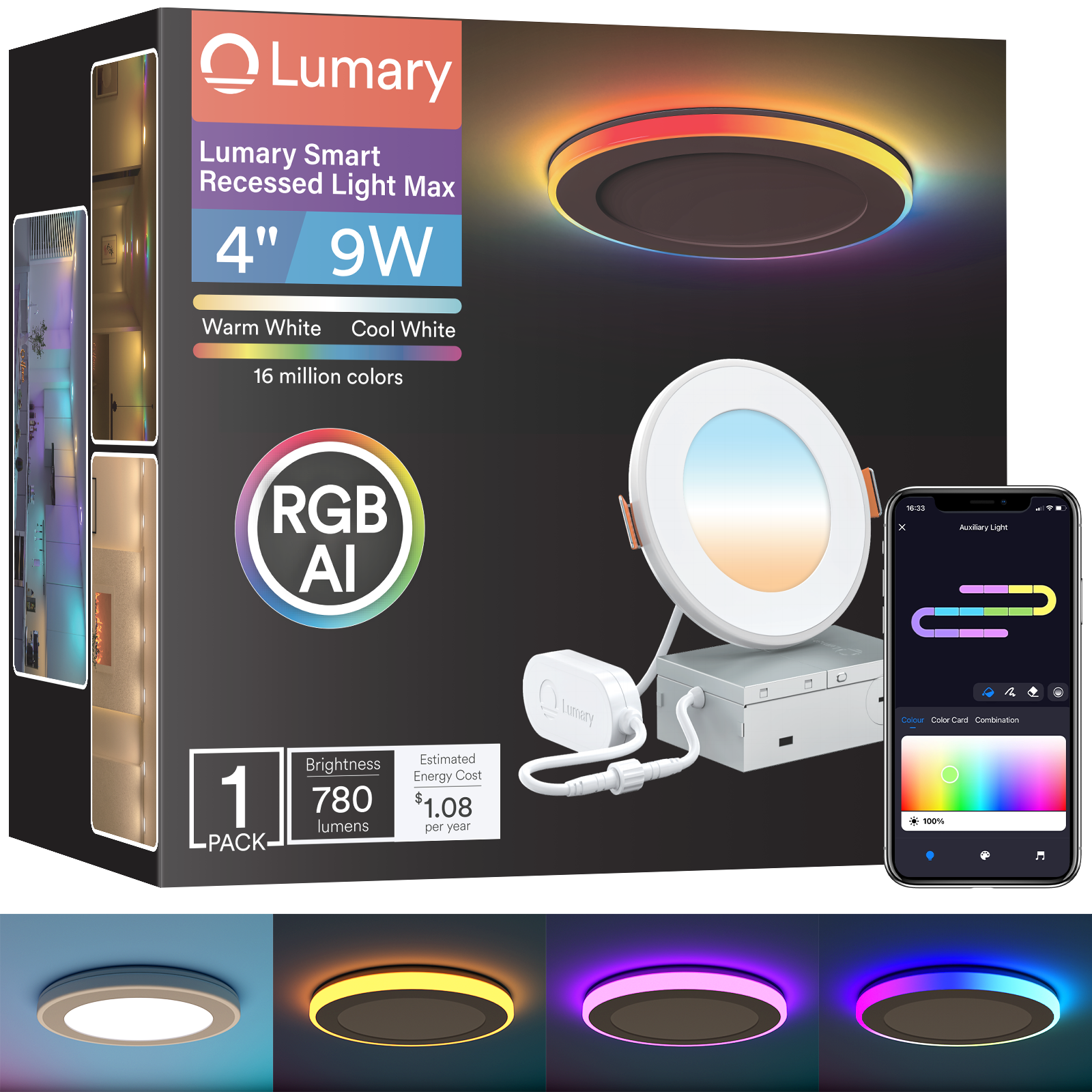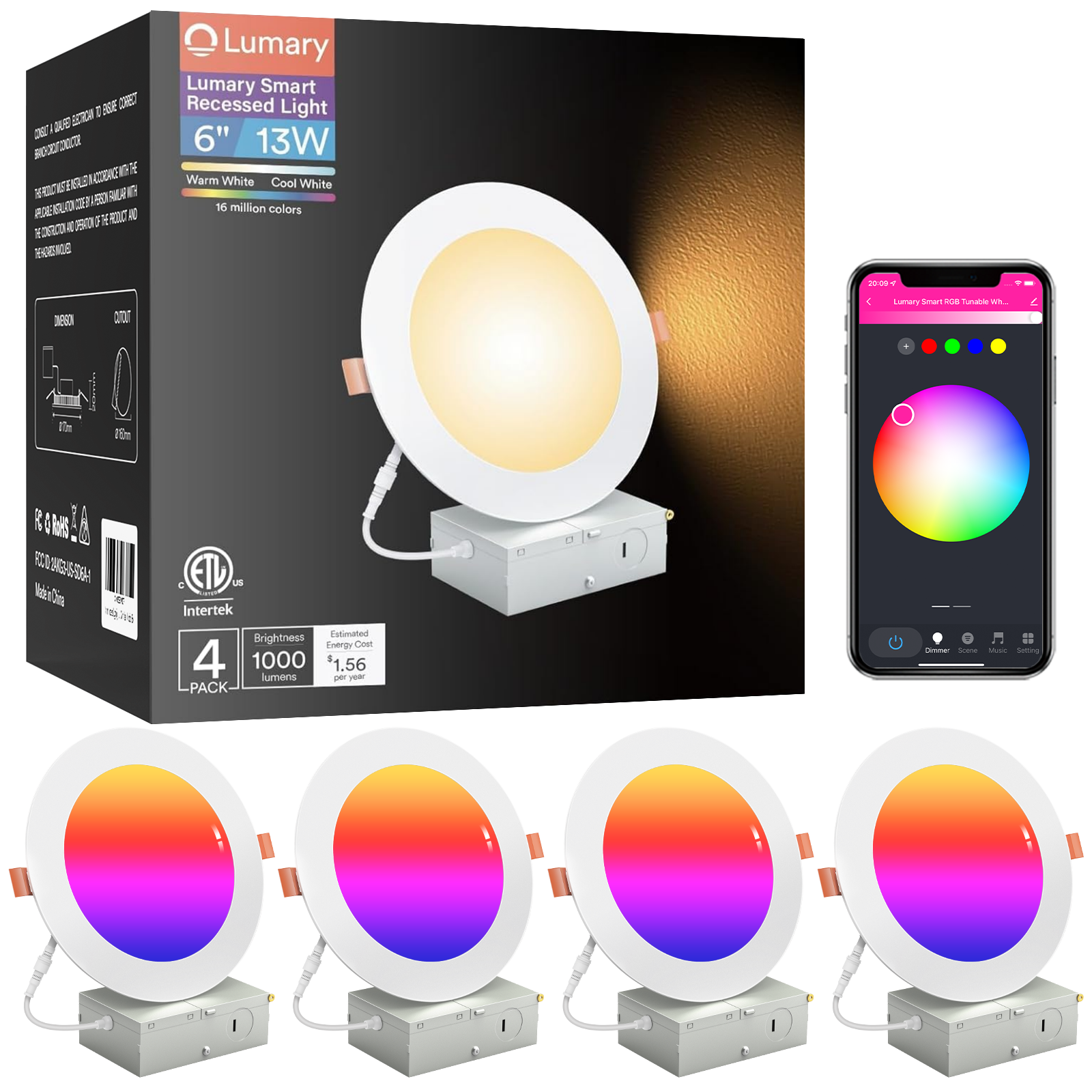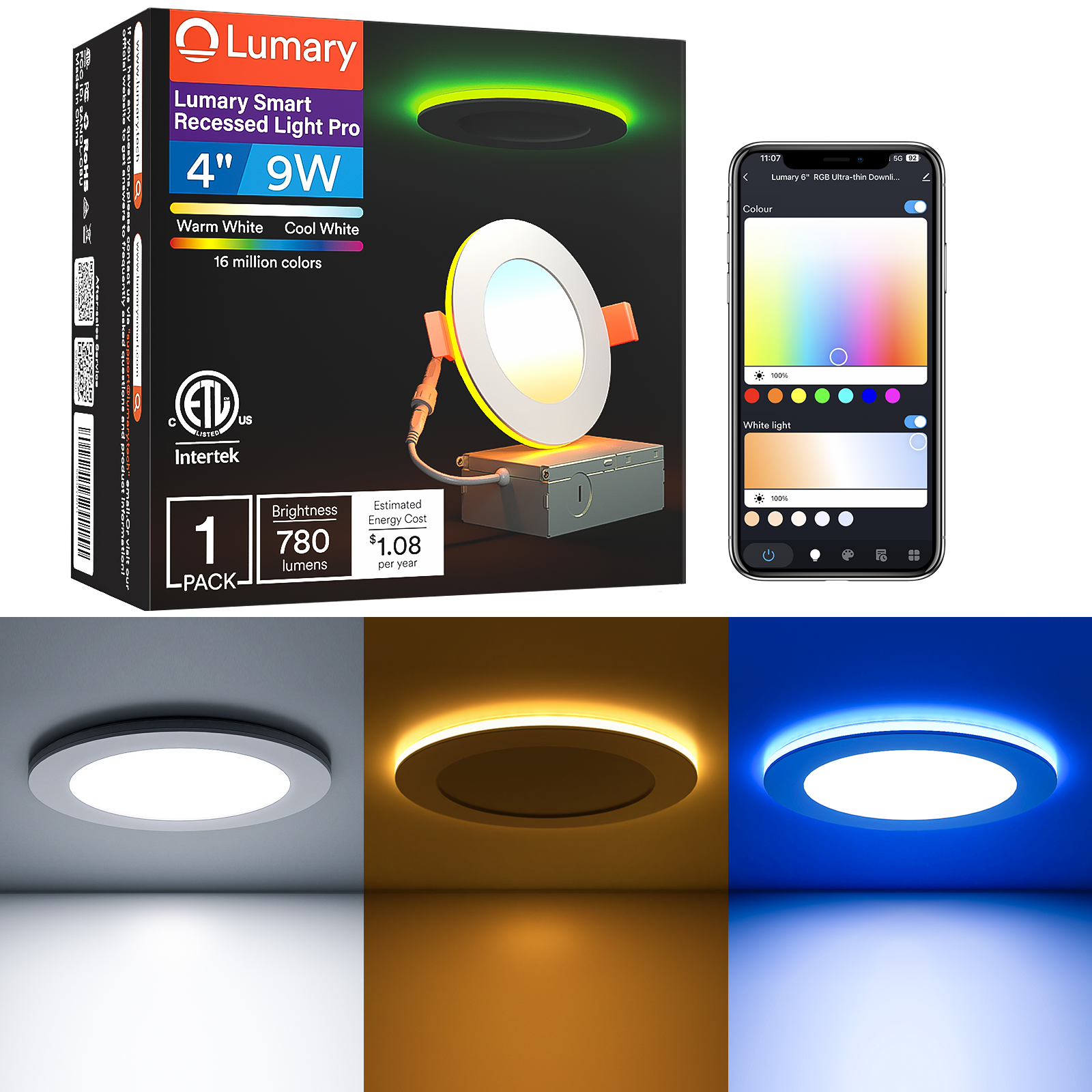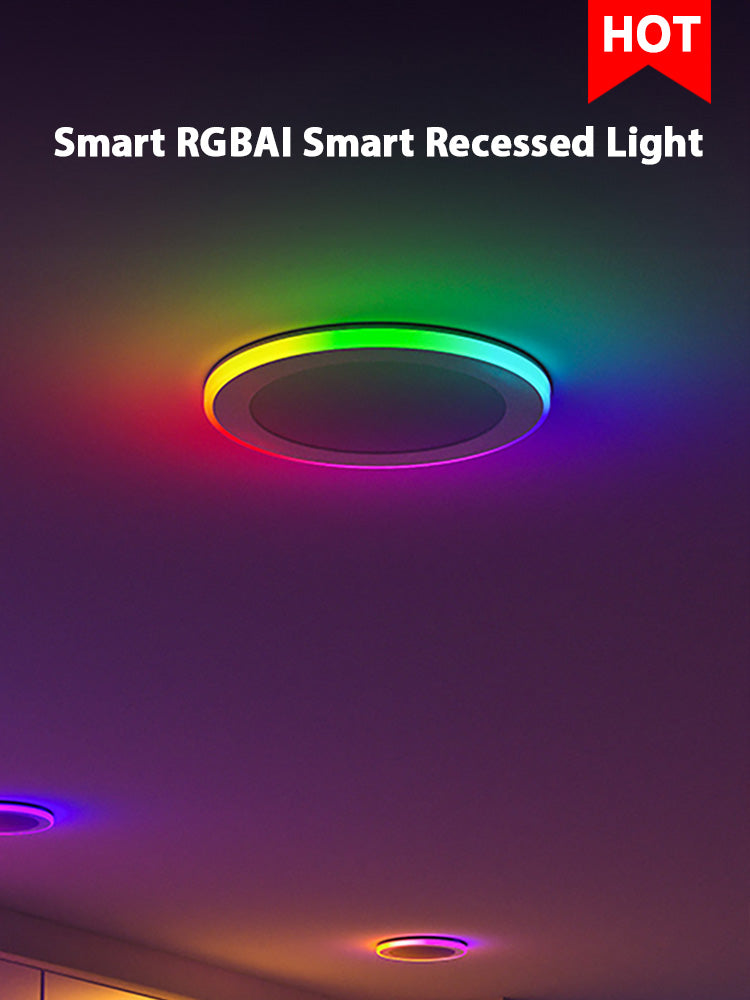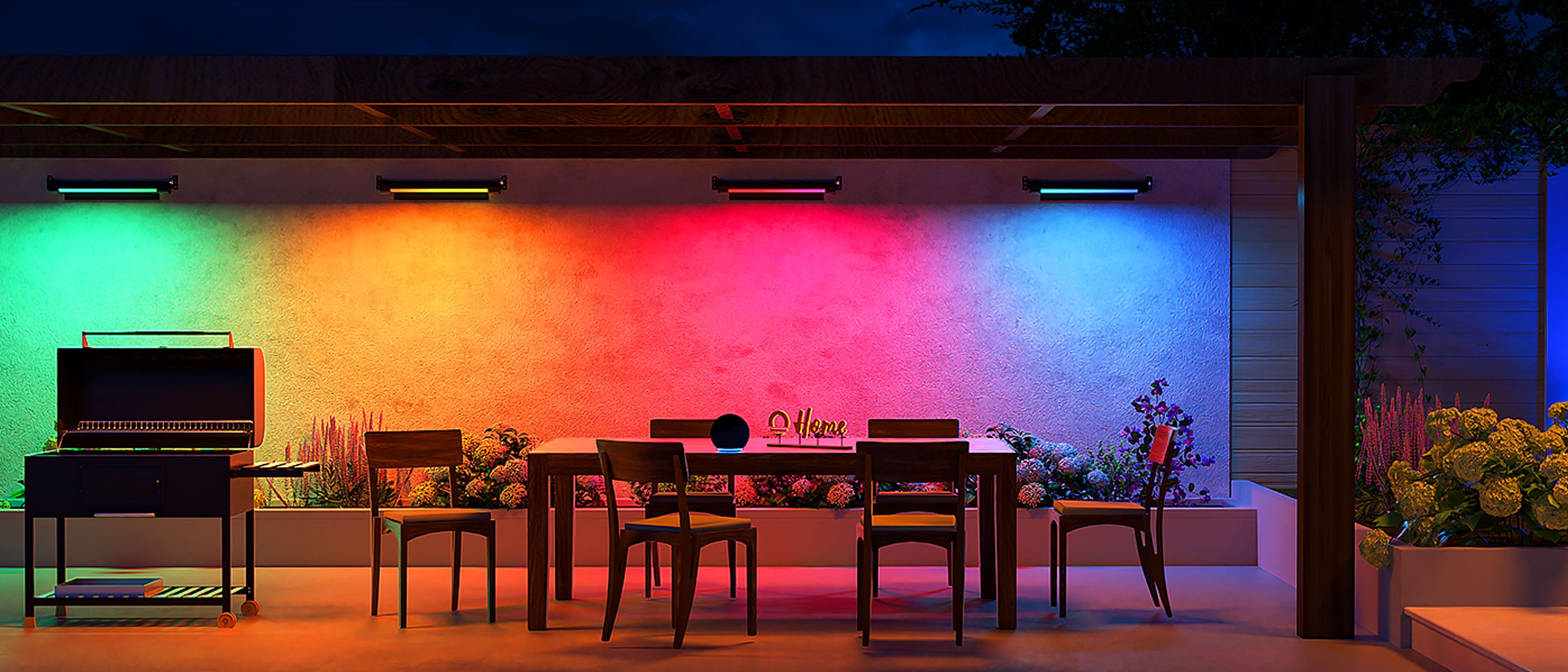Outdoor spaces come alive at night with the right lighting. An effective way to showcase the exteriors of homes and buildings is by properly positioning lights to illuminate walls. Two common techniques for exterior wall lighting are wall washing, which evenly blankets vertical surfaces, and wall grazing, which highlights architectural details. This article explains what sets wall washing and wall grazing apart. We will compare the setup, aesthetics, costs, and uses of wall wash lighting versus wall graze lighting. By understanding the differences between uniformly lighting a surface and directionally spotlighting textures, you can determine which approach, or combination of both, is best for your space. The choice comes down to your goals, features, and budget.
The Basics of Wall Washing Light Techniques
What is Wall Washing?
Wall washing refers to lighting that is aimed at and evenly spread across a vertical outdoor surface like a wall or building facade. The goal is to eliminate shadows and cover the entire area with a smooth, uniform glow.
Purpose
The purpose of wall washer lighting is to brightly yet softly illuminate architectural features and surfaces. By evenly lighting walls, wall washer lights enhance details and make spaces appear brighter and more welcoming at night. Wall washing also improves safety and security outdoors by removing dark corners and increasing overall visibility.

Lighting Setup
To wash a wall evenly with light, fixtures are mounted at a higher position pointing down, further away from the wall surface. Wider beam angle luminaires that distribute an expansive spread of light are used rather than narrow spotlights. The light brightness and intensity are also lower than a directional beam to make sure illumination stays uniform across the entire wall.
Benefits
Well executed wall washing showcases architectural designs and textures. It removes uneven dimness and shadows, allowing details like trims, finishes, and landscapes to clearly shine through at night. By removing dark pockets and fully illuminating tall vertical planes, it also improves a space's security and makes areas appear more open and inviting.
Typical Uses
Common areas for wall washer lighting include building exteriors, fences, landscaping walls as well as interior atriums and lobbies with tall ceilings. Both uplighting and downlighting work well for wall mounted fixtures, depending on the desired ambiance. The goal is always to create a cohesive glow without hot spots or aimless spillage.
The Basics of Wall Grazing Light Techniques
What is Wall Grazing?
Wall grazing refers to lighting that is aimed very close to and across a wall at sharp or narrow angles. Instead of evenly lighting the surface like wall washer lighting, it creates small pockets of light that accentuate texture, and shadows that highlight architectural details.
Purpose
The purpose of wall graze lighting is to spotlight certain ornate features, not uniformly light up the entire wall. It uses shadows and contrast to make surfaces more dramatic and visually interesting.
Lighting Setup
To create a wall grazing effect, lighting fixtures like downlights or low uplights are positioned very close to the wall and aimed directly at it. Narrow beam angles concentrate the light, while higher intensity bulbs ensure enough brightness across the angled surface.
Effect
When executed properly, wall grazing will graze the wall in linear bands, making architectural features appear to stand out in three dimensions. The play between light and shadows helps spotlight specific carvings, designs, tiles, and wall components by creating depth and making them pop visually.
Benefits
Unlike wall washer lights, wall grazer lights add a stylish effect by focusing light closely along the surface of the wall. It helps turn ordinary flat surfaces into canvases to exhibit special designs, artwork, or building shapes. The striking interplay of light and shadows lends a very unique, decorative perspective that immediately grabs attention.
Typical Uses
Common applications include accenting intricate pillars, lighting pedestrian walkways in a dramatic way, or spotlighting sculptures and special facades in landscape design. Its artistic nature suits wall grazing for highlighting aesthetics rather than uniform visibility.
Comparing Wall Washing and Wall Grazing Lighting Approaches
When selecting outdoor lighting for building exteriors, you can choose wall washing to create a uniform light across a surface or wall grazing to spotlight specific features. The decision on which method to use or whether to combine both relies on what look you're going for, how the light needs to function, where the lights will be placed, and the type of lighting equipment available.
Differing Aesthetic Styles and Visual Impact
The defining aesthetic difference comes down to uniform glow versus contrast and textures. Properly executed wall washing removes shadows to infuse surfaces with uniform brightness, almost as if the wall itself is the light source. The even glow enhances safety while allowing landscape features, finishes, and designs to clearly stand out.
Wall grazing intentionally creates shadows by grazing light closely alongside specific areas. This sculpture like layering of light and dark lines accentuates designs, stonework, tile arrangements, and three dimensional elements. Grazing draws the eye to artwork and intricate details for decorative drama versus widespread visibility.
Goals and Appropriate Applications
Wall washer lighting aims to eliminate dark pockets and safely illuminate public walkways, building entries, and surrounding landscapes. The soft glow is inviting while meeting functional and security needs first and foremost. Wall grazing spotlights stand out in aesthetics. Used to exhibit architectural shapes, textures, and artistic facades, grazing takes on more niche enhancement roles.
Grazing works selectively on already visually interesting surfaces full of ornate stonework, brick arrangements, molded shapes, and artistic flair. The structured play of light and shadow further spotlights what makes a building unique and purposefully eye catching. For plainer commercial structures or ordinary residential spaces, grazing has far less impact.
Equipment Positioning and Light Source Considerations
Proper placement of grazing fixtures close enough to facades along with sufficiently intense bulbs adds cost and complexity compared to broadly glowing wall wash fixtures. Grazing relies on precise angles using intense directional luminaires expressly made for sharp aiming accuracy.
Wall washing fixtures take on wider beam spreads at lower intensities, safely brightening ordinary surfaces uniformly without glare risks. The broader flood coverage washes structures thoroughly using downlighting, cylinders or wider spotlight distributions mounted further away.
Economic Considerations Between Styles
From equipment and bulb needs to complexity and the learning curve, installing wall grazing decoratively costs notably more in most cases without inherently improving area safety. However, strategically grazing special government centerpieces, dramatic parish entryways, or focal water features make for an outstanding public presentation.
Most community deployment prioritizes evenly lit, glare free security and accessibility first through smart wall washing, adding artful grazing highlights only in specially designated areas. The combined approach makes lighting both functional and unique.
In summary, factoring every variable from goals, space usage, existing aesthetics, codes, and budget size ultimately determines the ideal wall lighting ratio. Lightly grazing a largely washed surface strikes an effective balance of form, function, and nighttime curb appeal.
How to Choose Between Wall Washing and Wall Grazing
Choosing the right lighting for your building's exterior isn't just about functionality; it's about showcasing its beauty and enhancing safety. As you navigate the options of wall washing and wall grazing, consider these factors to make the best choice:
Assess Your Architectural Features
Begin by examining the architectural elements of your building. Is there intricate masonry or stonework? If so, wall grazing can accentuate these features by casting shadows and creating depth, making textures stand out vividly. Conversely, if your building has large, smooth surfaces, wall washing might be preferable to cast a gentle and even layer of light, bringing a warm and welcoming ambiance.
Define Your Illumination Objectives
What's your primary aim with outdoor lighting? For broad, well lit exteriors where safety and clear visibility are paramount, wall washing is the ideal solution. Its diffused lighting minimizes shadows and provides ample illumination. On the flip side, if you wish to draw attention to specific aspects like sculptural details or artistic niches, wall grazing can create a dramatic effect, focusing light in a way that shadows underscore the details.
Balance Quality with Cost
Budget considerations play a crucial role in your lighting strategy. Wall washer lights fixtures are generally more affordable and simpler to install, making them an economical choice for widespread illumination. However, should your finances allow, introducing wall grazing can enrich your setting. Plan for additional expenses as this technique requires precision lighting at exact angles for maximum impact.
Choose Your Desired Ambiance
Contemplate the ambiance you're aiming to establish. For a space that feels open and inviting, a wall washed area exudes comfort with its uniform lighting. Alternatively, using wall grazing to articulate the unique architectural elements of your building can instill a sense of elegance and exclusivity, amplifying the interplay between light and shadow for a theatrical effect.
Personalize Your Space
Your personal preference is crucial - after all, it's your space to beautify. Whether you desire a subtle glow that offers tranquility or a dynamic display that captures attention, select a method that aligns with your aesthetic inclination.
Incorporate a Hybrid Approach
Why settle for one when you can have the best of both worlds? Combining wall washing and grazing allows for versatility in lighting design, marrying visibility with artistic expression. Experiment with the intensity and positioning of lights to achieve the perfect blend that reflects the character of your space.
By considering these detailed aspects, you'll be well equipped to choose between wall washing and wall grazing, resulting in an outdoor lighting scheme that not only meets practical needs but also fulfills your creative vision
Conclusion
Wall washing evenly blankets surfaces with smooth, glare free light for accessibility, security, and soft aesthetics. Wall grazing purposefully creates shadows to showcase architectural textures and designs in an artistic fashion. Determining which approach works best depends on the goals, existing facade, tastes, and budget. Often a combined approach works wonderfully.
Properly aiming and positioning fixtures precisely deliver the desired wall lighting vision, evenly glowing or artfully spotted. By understanding the versatility of modern illumination, you can leverage outdoor lighting's creative potential to enhance spaces functionally and beautifully.







